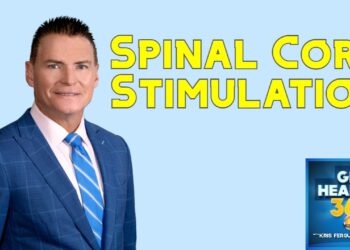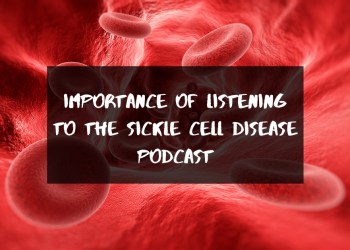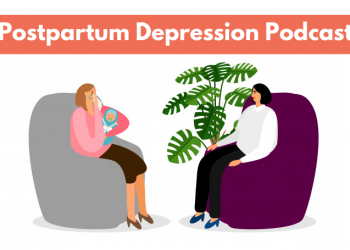What you need to know about cocoa & your memory.

How does Cocoa improve memory?
Memory generally fades as one ages. Finding a natural, dietary means to improve memory would be highly beneficial for many of us. The hippocampus is the portion of the brain that is responsible for memory formation. A part of the hippocampus, the dentate gyrus is thought to be the area responsible for age related memory decline. This study had a group of 50-59 year old subjects consume cocoa that had either a high or low cocoa flavanol containing diet.
Those with the high flavanol containing diet showed enhanced dentate gyrus activity on MRI scans after 3 months on the diet. They also showed improvements on memory tests. The foods with the highest cocoa content are dark chocolates.
Cocoa comes from the seeds of the cacao tree. The beans are fermented, dried, cleaned, and then roasted. The roasted beans are processed by removing the shell, separating the two components, the cocoa butter and cocoa powder. This power is also called bitter chocolate. This bitter chocolate forms the base for sweet chocolate when sugar is added or hot chocolate when warm milk and sugar are added.
The Research
Nat Neurosci. 2014 Dec;17(12):1798-803. doi: 10.1038/nn.3850. Epub 2014 Oct 26.
Enhancing dentate gyrus function with dietary flavanols improves cognition in older adults.
Brickman AM1, Khan UA1, Provenzano FA1, Yeung LK1, Suzuki W2, Schroeter H3, Wall M4, Sloan RP4, Small SA5.
1 [1] Taub Institute for Research on Alzheimer’s Disease and the Aging Brain, Columbia University, New York, New York, USA. [2] Department of Neurology, Columbia University, New York, New York, USA.
2 Center for Neural Science, New York University, New York, New York, USA.
3 MARS Inc., McLean, Virginia, USA.
4 [1] Department of Psychiatry, Columbia University, New York, New York, USA. [2] New York State Psychiatric Institute, New York, New York, USA.
5 [1] Taub Institute for Research on Alzheimer’s Disease and the Aging Brain, Columbia University, New York, New York, USA. [2] Department of Neurology, Columbia University, New York, New York, USA. [3] Department of Psychiatry, Columbia University, New York, New York, USA. [4] Department of Radiology, Columbia University, New York, New York, USA.
Abstract
The dentate gyrus (DG) is a region in the hippocampal formation whose function declines in association with human aging and is therefore considered to be a possible source of age-related memory decline. Causal evidence is needed, however, to show that DG-associated memory decline in otherwise healthy elders can be improved by interventions that enhance DG function. We addressed this issue by first using a high-resolution variant of functional magnetic resonance imaging (fMRI) to map the precise site of age-related DG dysfunction and to develop a cognitive task whose function localized to this anatomical site. Then, in a controlled randomized trial, we applied these tools to study healthy 50-69-year-old subjects who consumed either a high or low cocoa flavanol-containing diet for 3 months. A high-flavanol intervention was found to enhance DG function, as measured by fMRI and by cognitive testing. Our findings establish that DG dysfunction is a driver of age-related cognitive decline and suggest non-pharmacological means for its amelioration.











